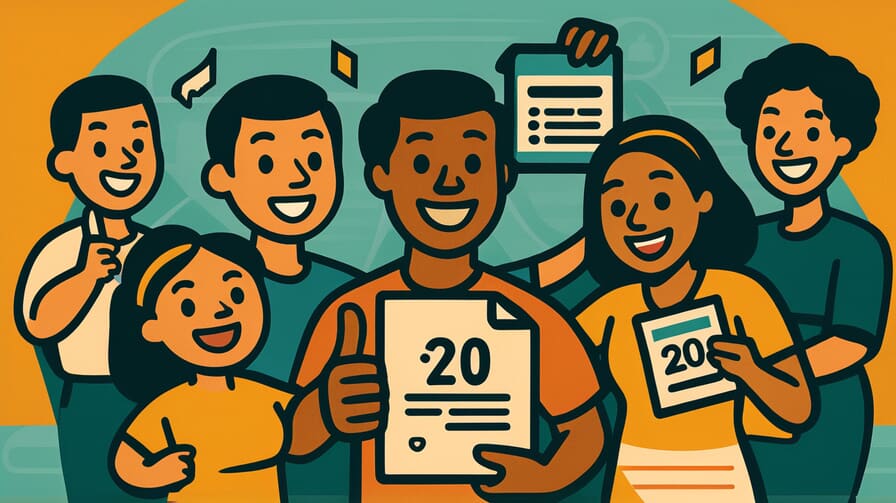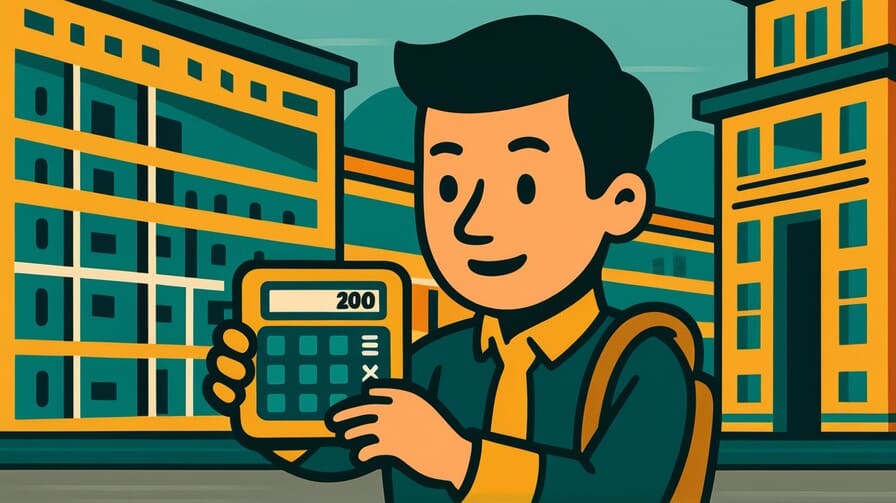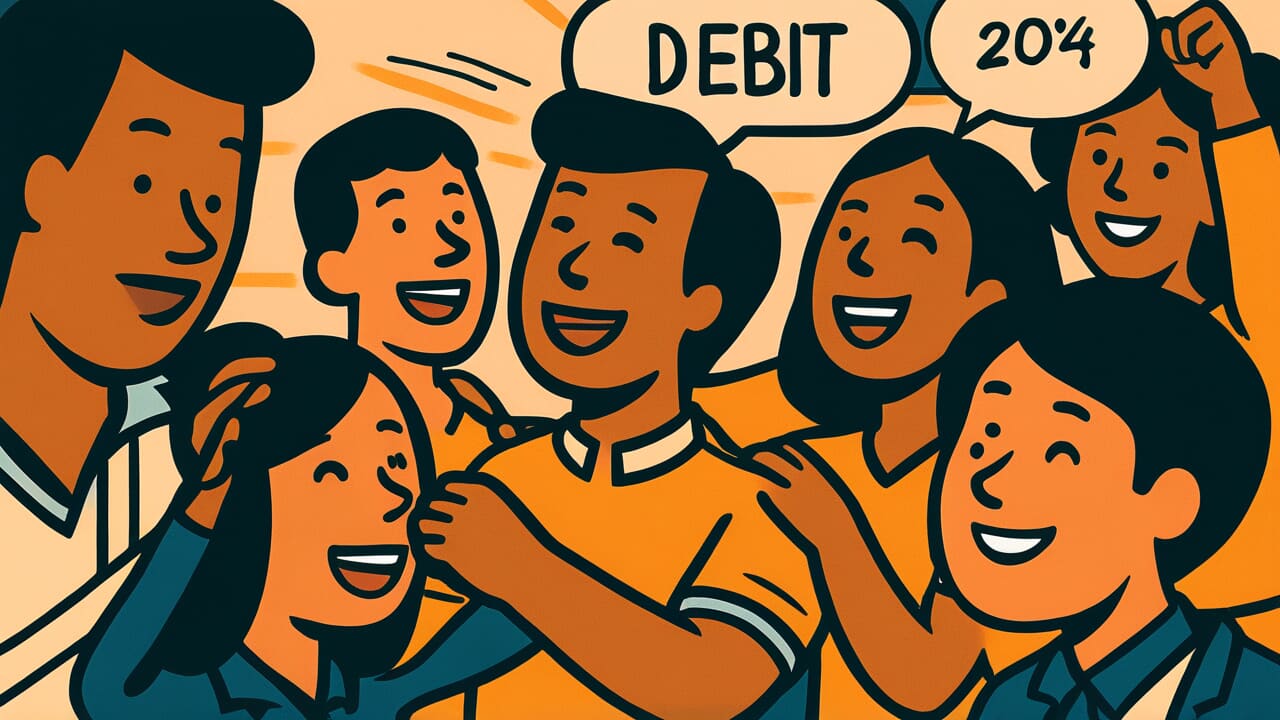[Disclaimer] This article is reconstructed based on information from external sources. Please verify the original source before referring to this content.
News Summary
The following content was published online. A translated summary is presented below. See the source for details.
The Australian government has announced a 20% reduction in student debt for over 3 million Australians, wiping out more than $16 billion in total. This measure, backdated to June 1, 2023, applies to all types of student loans including HELP, VET Student Loans, and Australian Apprenticeship Support Loans. For an average debt of $27,600, this means a reduction of $5,520. Additionally, the government is raising the minimum income threshold for repayment from $54,435 to $67,000 and reducing minimum repayment amounts. For someone earning $70,000 annually, this will decrease their minimum repayments by $1,300 per year. The Australian Taxation Office will process these changes, with most people expected to see their reduced balance before the end of the year. Prime Minister Anthony Albanese emphasized that this move delivers on their promise to provide cost of living relief and ensure education doesn’t lead to lifelong debt.
Source: Australian PM Media Centre
Our Commentary
Background and Context

Australia has long had a system of income-contingent student loans to help citizens access higher education. The Higher Education Loan Program (HELP) has allowed students to defer payment of their education costs until they reach a certain income threshold. However, rising education costs and increasing debt burdens have become significant concerns for many Australians in recent years.
Expert Analysis
This debt reduction measure represents a significant shift in Australian education policy, aiming to alleviate financial pressure on graduates and current students.
Key points:
- The 20% debt reduction applies universally, benefiting a wide range of Australians with different types of student loans.
- Raising the repayment threshold to $67,000 means graduates can earn more before they need to start repaying their loans.
- The reduction in minimum repayments for those above the threshold provides immediate financial relief for many working Australians.
Additional Data and Fact Reinforcement
To put this policy change into perspective:
- As of 2021, the total HELP debt in Australia was approximately $68.7 billion.
- The average time taken to repay HELP debt was 9.3 years in 2020-21.
- This 20% reduction is expected to shorten repayment times for many borrowers.
Related News
This move comes amid global discussions about student debt relief. In the United States, for example, there have been ongoing debates and legal challenges surrounding proposals for federal student loan forgiveness. Australia’s approach of a universal percentage reduction offers a different model for addressing student debt concerns.
Summary

The Australian government’s decision to cut student debt by 20% represents a significant step towards alleviating the financial burden of higher education. While it doesn’t eliminate student debt entirely, it provides substantial relief to millions of Australians and may influence education funding policies in other countries.
Public Reaction
Initial reactions to the announcement have been largely positive, with many students and graduates expressing relief on social media. However, some economic commentators have raised questions about the long-term fiscal implications of the policy. Education advocates are generally supportive but some argue that more comprehensive reforms to education funding are still needed.
Frequently Asked Questions
Q: When will I see the reduction in my student loan balance?
A: Most people should see their reduced balance before the end of 2023, but the exact timing may vary as the Australian Taxation Office processes the changes.
Q: Do I need to apply for this debt reduction?
A: No, the 20% reduction will be applied automatically to eligible student loans.
Q: Will this affect my current repayment obligations?
A: Yes, if you’re earning above $67,000, your minimum repayment amount will be reduced. If you’re earning below this new threshold, you won’t need to make repayments until your income increases.


